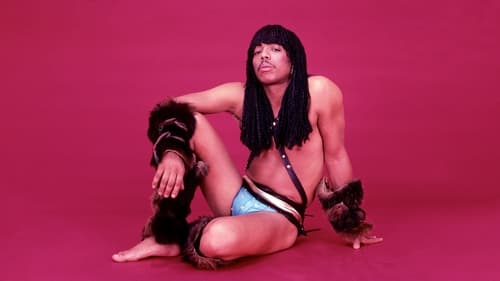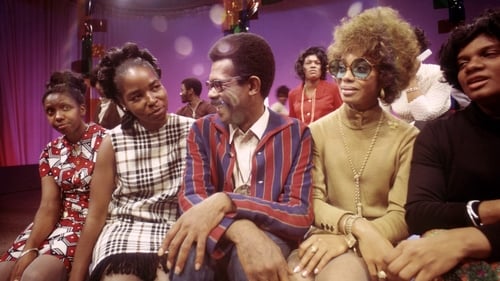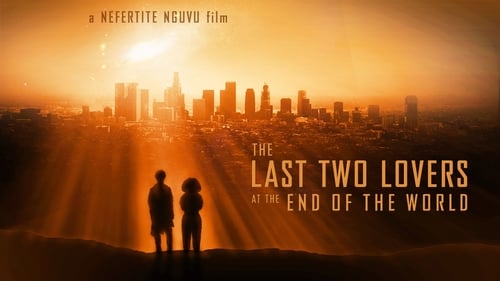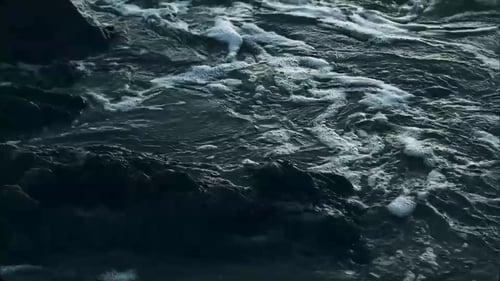Hans Charles
История
Hans Charles is a cinematographer and filmmaker working in the film business for the last ten years. He has shot for a range of directors including Spike Lee, Ava DuVernay, Nefertit Nguvu, Salim Akil, Gloria LeMort and countless others.

Cinematography
The Ed Sullivan Show ran for more than a thousand episodes, and Sunday Best is packed with some of its greatest moments and performances. There are also interviews with legends like Harry Belafonte and Dionne Warwick, who offer a more intimate perspective on what Sullivan was like as a person and an ally. Within every frame of Sunday Best, there is an affection for the early days of television, but beneath the showbiz glitz, a human tenderness towards Ed Sullivan.

Director of Photography
Картина о легенде фанка и R&B Рике Джеймсе, запечатлевшая взлёты и падения его карьеры, которая раскрывает сложную и непокорную душу музыканта, желавшую поделиться своим талантом с миром.

Director of Photography
На первый взгляд жизнь Джейд идеальна - муж известный в городе кардиохирург, есть любимая работа, маленькая дочь. Но за закрытыми дверями, вдали от посторонних глаз происходит нечто ужасное.

Cinematography
Mike Anderson is a senior at the quintessential New-England liberal arts school, Frost College. And Mike is eight weeks away from graduation. On this particular day he has his African-American Literature class with his favorite professor. But today, Mike is feeling sadness. He's feeling isolated. He's feeling Angry.

Producer
Mike Anderson is a senior at the quintessential New-England liberal arts school, Frost College. And Mike is eight weeks away from graduation. On this particular day he has his African-American Literature class with his favorite professor. But today, Mike is feeling sadness. He's feeling isolated. He's feeling Angry.

Director of Photography
On the heels of the Civil Rights Movement, one fearless black pioneer reconceived a Harlem Renaissance for a new era, ushering giants and rising stars of black American culture onto the national television stage. He was hip. He was smart. He was innovative, political, and gay. In his personal fight for social equality, this man ensured the Revolution would be televised. The man was Ellis Haizlip. The Revolution was soul!

Cinematography
Sullen teen Melanie's unexpected trip home from swim practice takes her on a bumpy ride toward adulthood.

Cinematography
A man and a woman see a therapist together in a last ditch effort to save their marriage. Their story has wider implications.

Cinematography
On New Year’s Eve of 2029, a six-mile wide asteroid is headed for Earth and set to wipe out humanity and the repressive society that now plagues Los Angeles. One young couple aims to survive this catastrophic event together while simultaneously transforming their civilization into the utopia they desire.

Director of Photography
An in-depth look at the prison system in the United States and how it reveals the nation's history of racial inequality.

Cinematography
A young girl strives to rekindle her parent's dwindling romance at their desert town's annual carnival, and learns hard lessons about love in the process.

Director of Photography
What does it mean to be Black in America in the 21st century? The recently formed Black American film group TNEG™ has set out to elucidate this very question. Hearing from the likes of fine artist Kara Walker and musical artist Flying Lotus, the film is based on a deceptively simple approach -- asking a refined list of black 'specialists' as well as 'uncommon folks' questions about what they think, and more importantly as lead director Arthur Jafa states, 'What they KNOW' -- the film is an unprecedented 'stream of the black consciousness' and a strikingly original and rarefied look at black intellectual and emotional life. What's so unorthodox about this simple approach is that the interviews were recorded separately from the images in the film. What results is a breathtaking, kaleidoscopic look of American black life from the dawn of three original filmmakers.

Cinematography
An artist realizes the consequences of her artistic obsession.









